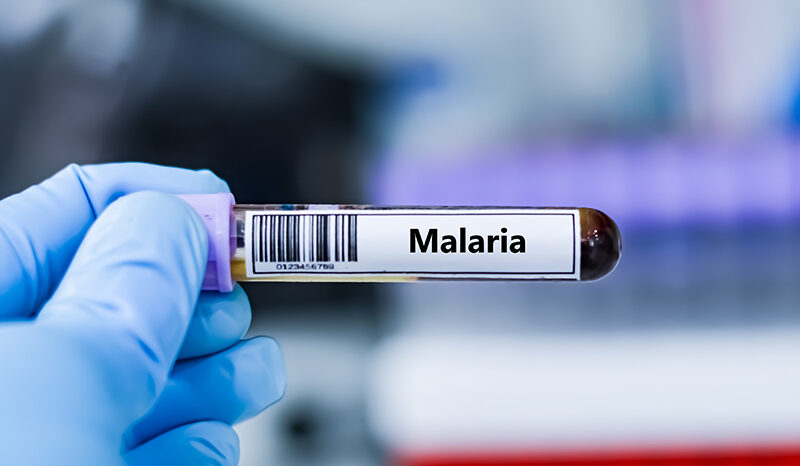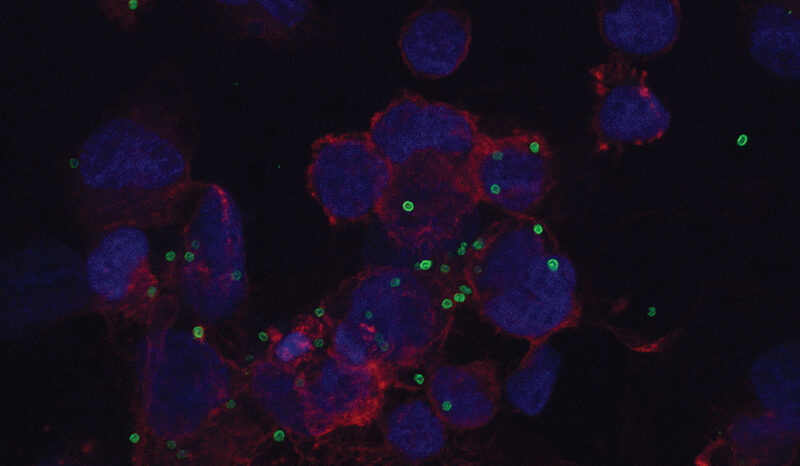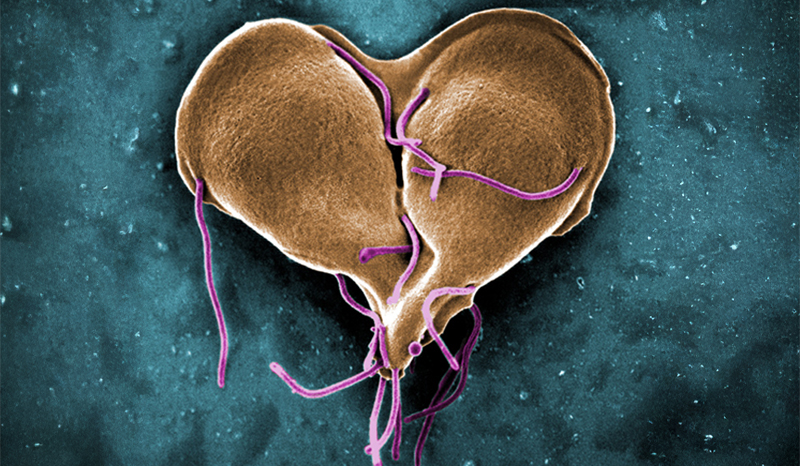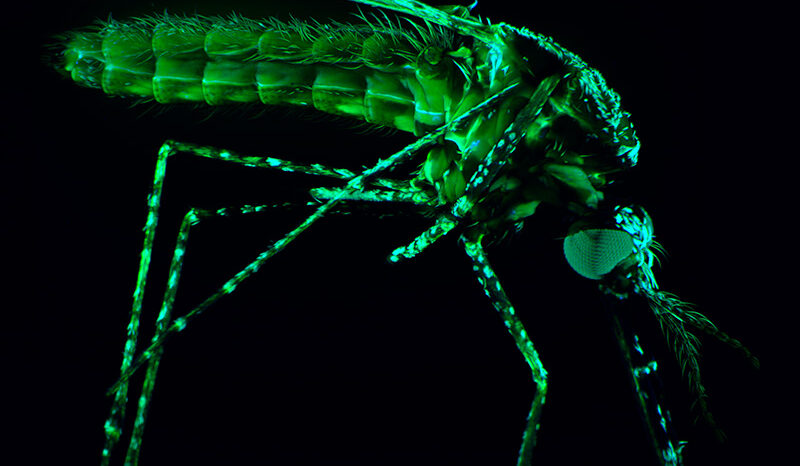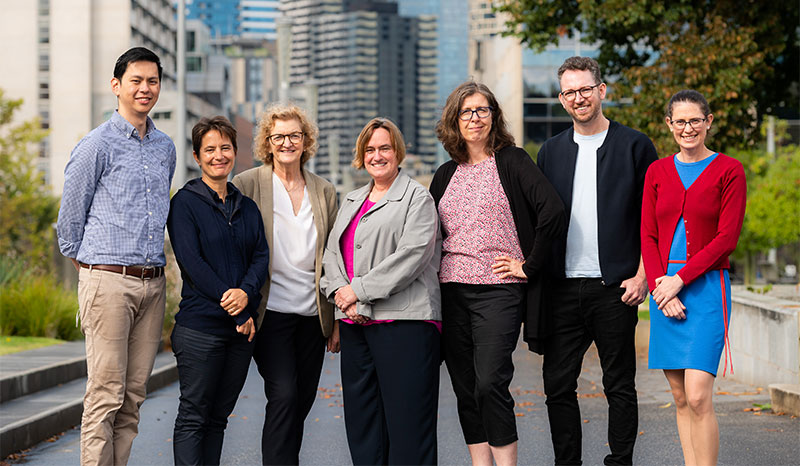Autoinflammatory diseases are a group of rare diseases characterised by seemingly unprovoked episodes of fever and inflammation. Because the inflammatory episodes occur regularly, the diseases are also known as ‘periodic fever syndromes.’
Autoinflammatory diseases involve abnormal activation of the innate immune system.
The innate immune system is the body’s first line of defence against infection. When microbes such as bacteria or viruses invade the body, the innate immune system quickly responds by triggering fever and inflammation, which help the body fight infection.
The innate immune response also kick-starts a second wave of defence, called adaptive immunity, which is a slower but more specific response to infection.
Usually both the innate and the adaptive immune responses are tightly controlled. In autoinflammatory disease, however, the innate immune system is activated without apparent cause.
Autoinflammatory diseases are different from autoimmune diseases such as rheumatoid arthritis and multiple sclerosis, which are caused by dysfunction of the adaptive immune system.
Examples of autoinflammatory diseases include:
- Familial Mediterranean Fever (FMF)
- Cryopyrin-associated periodic syndromes (CAPS)
- Deficiency of IL-1-Receptor Antagonist (DIRA)
- Hyper IgD Syndrome (HIDS)


